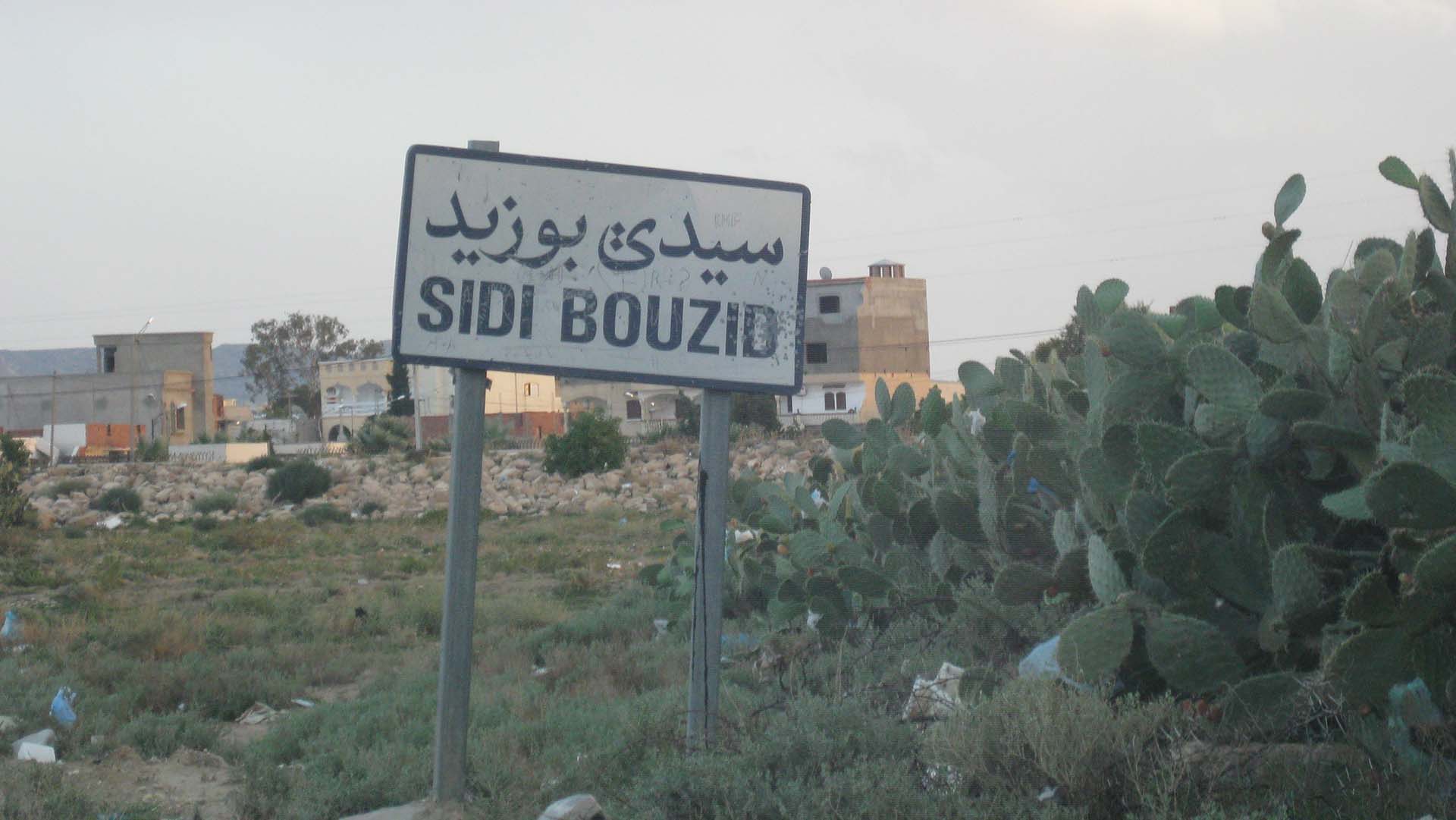In October 2020 ILS LEDA signed a memorandum of understanding to be partner in the CROLET Project – Creation of Opportunities in the labor market through economics of territories, with the main aim of supporting local development in the Sidi Bouzid e Kebili governorates of Tunisia.
CROLET Project has been approved by Italian Government in July 2020 and it’s leaded by WeWorld – GVC, an Italian organisation active in 27 countries, including Italy, focused on projects concerning development cooperation and humanitarian aid to guarantee the rights of the most vulnerable communities, especially women and children .
The project also involves other partners: the Italian Ngo ICU – Istituto per la Cooperazione Universitaria, the Municipality of Palermo; the Tunisian NGO’s Cit’ESS - Association appui à l'économie sociale et solidaire, and Association Salima de soutien aux personnes défavoris.
The project intends to reduce emigration, by offering greater job opportunities and proposes, for this purpose, a model of local development, based on participatory governance in which all public actors (administrations, educational and research structures), and private individuals (representatives of producers and workers, civil society organizations, the financial system and services) are involved, with the aim of enhancing endogenous value chains, and ensuring competitive, inclusive and sustainable development. Existing businesses will be strengthened and new micro and small businesses will be created in the field of agro-industrial, commercial and tourism chains, which reward green economy activities and create jobs for young people from different social backgrounds and educational levels.
The action intends to strengthen entrepreneurial, professional and technical training and financial services (endowment and guarantee funds) by creating two self-sustainable local development agencies (ASL) so named Entity for Sustainable Integrated Development of the Territory (ESIST), in SB and KB, which will permanently provide services to the local economy.
Finally, the capacities of the municipalities to protect unaccompanied minors and / or vulnerable to illegal migration and the provision of computerized civil status and personal data services will be enhanced, including an information system on the risks of irregular migration (IRMI).
The general objective of the project is, therefore, to help reduce illegal migration from Tunisia through local socio-economic development processes.

